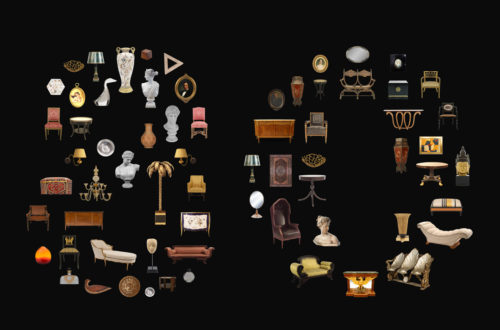I guess if you live long enough perhaps you will think the impossible can really happen. Is the mighty shield of auction secrecy about to be broken; perhaps. It boggles my mind trying to comprehend the recent opinion of the New York State Supreme Court’s Appellate Division rendering the legal need for an auctioneer to <strong>disclose</strong> the consignor to the buyer. An article written by David Hewett in the November 2012 issue of the Maine Antiques Digest is riveting.
“http://www.maineantiquedigest.com/stories/index.html?id=3429”>http://www.maineantiquedigest.com/stories/index.html?id=3429</a>
In the article, it is interesting to note how at the 11th hour Christie’s is coming to the aid of the beleaguered middle level auctioneer William J. Jenack in a last ditch defense to overturn the Court’s decision. This decision is a game changer for cracking how the politically savvy, financially deep pocketed Sotheby’s/Christie’s duopoly will operate. The ramifications as to how the auction industry will function could be significant, for the benefit finally to the buyer, who has borne the brunt of abuse and financial fleecing with the current auction process.
Let me take it a step further. The ruling also gets to the heart of what auctioneers should be disclosing, and how they should operate under the Uniform Commercial Code. As I remember reading the Code, auctioneers are supposed to work for the seller, not anyone else. Disclosing who you are working for is all part of being a “public” auction. Interesting though, why shouldn’t the seller also know the buyer’s name, as the transaction should require both parties. Well, we can all get around these messy details buy buying or selling items through an innocuous Limited Liability entity.
The issue of disclosure within an auction process is really paramount in achieving proper pricing. Along with a secret reserve price, manipulation will always exist. However, this Court decision could do what any class action lawsuit has never done, and that is actually change a way they do business. We’re not talking about the duopoly colluding, but a measured change in how they must operate. Imagine both buyer and a seller actually getting a settlement statement that showed the names of both parties to the transaction along with the price of the item, including the amount of the buyer’s premium the auctioneer collected and kept, as well as all the seller’s fees and buyer taxes.
Perhaps this was something the duopoly knew would come at some time. After all, they have been moving head first into Private Treaty sales where disclosure is more attuned to how a dealer operates. For small and mid-level auctioneers, the requirements will mean significant paperwork and accounting. Might the industry move offshore to better serve their “clients”? I’m sure it’s a card the duopoly will plead, but what about the non-international auctioneers; London, are you prepared to benefit?
The public groundswell of discontent with auction methods has never been able to coalesce into any positive action that inhibits some of their suspect practices. Dealers and their organizations will invariably blink, and miss an opportunity or just run for cover. However, I have a renewed faith in the legal system as a means of interpreting and enforcing laws as they are written. Of course if the duopoly loses the case in the Court of Appeals, they and their lobbyists will just have to work on rewriting the legislation (again, to their benefit).



